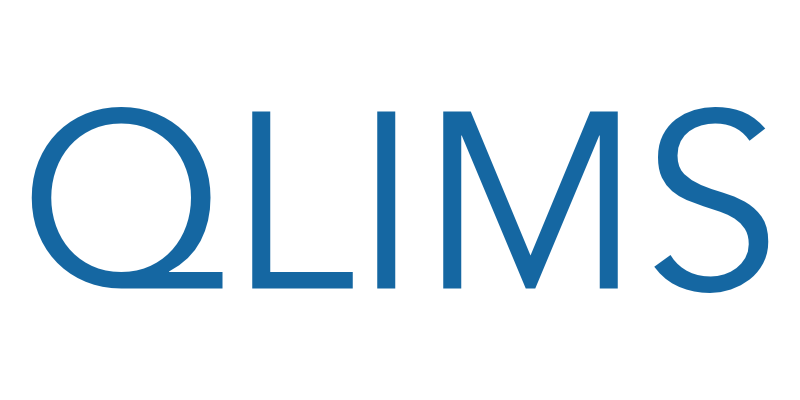QLIMS Business Intelligence – 2

Welcome to the second part of our series on QLIMS Business Intelligence. In our previous article, we focused on Dashboards, Visualisations, and the powerful Kibana. In this second part of our QLIMS series, we will delve into the platform’s SaaS solution, maintenance, and development.
Accessing laboratory data has been a challenge due to outdated LIMS systems. But modern tools like Business Intelligence (BI) and Artificial Intelligence (AI) have made data science more accessible. QLIMS serves as a comprehensive tool to manage all laboratory data, and in this article, we’ll explore how its Business Intelligence capabilities help organizations convert data into knowledge.
QLIMS SaaS
The QLIMS SaaS solution seamlessly brings together the dozens of services offered by Amazon Web Services in their world-class data centres to offer a coherent LIMS solution to you.
Get the low latency of CloudFront CDN, the security of Cognito User Pools, and the scaling of ECS Fargate powering up your lab. Then let OnQ Software take care of implementing and administering them.
Some of the AWS technologies used by QLIMS include:
- AWS CloudFront – accelerated content distribution from more than 200 global edge locations.
- AWS ECS Fargate – scalable computing that requires more resources during times of heavy usage.
- AWS RDS for Microsoft SQL Server.
- AWS Elasticsearch Service – dedicated search engine for rapid navigation)
Development
QLIMS is continuously developed by a team of full-time software engineers who follow the Agile methodology. Development tasks are prioritized based on user needs, with high-value features given top priority. Work is done in two-week sprints, which allows for greater responsiveness to changing customer needs. All new code undergoes rigorous manual and automated testing before deployment to ensure functionality and regression testing are thoroughly conducted.
Maintenance and Updates
QLIMS SaaS solution eliminates the need for customers or their IT teams to worry about maintenance tasks and software updates. Continuous updates are applied in a rolling manner, typically without any downtime. If planned downtime is necessary, it is scheduled outside of business hours. For enterprise customers, the system is separated at the infrastructure level, giving them complete control over planned upgrades and maintenance.
For more information you can access our QLIMS Business Intelligence brochure and contact our friendly team.












